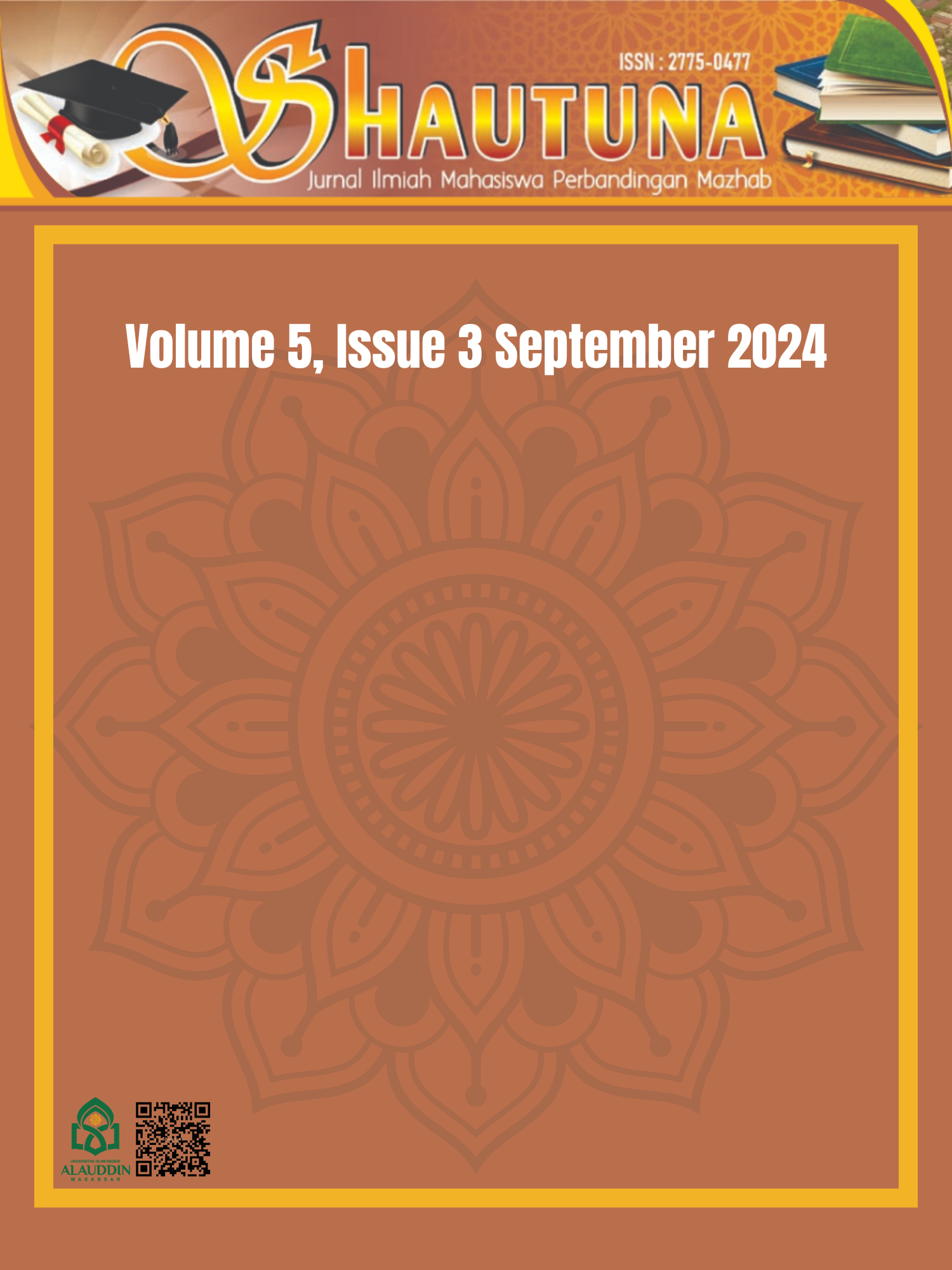Female Sellers in E-Commerce Live TikTok in the Perspective of Classical and Contemporary Islamic Law
DOI:
https://doi.org/10.24252/shautuna.v5i3.47594Keywords:
Female Sellers, E-Commerce, Live Tiktok, Classical Islamic Law, Contemporary Islamic LawAbstract
The study aims to investigate more deeply the behavior of female sellers on TikTok, especially in terms of communication ethics violations, sensitive product marketing, and excessive dress and makeup practices. The research methods used are library research and primary and secondary data collection. In looking at the reality of female sellers' behavior on TikTok, this study highlights how important it is to pay attention to ethics in online marketing, not only to maintain the seller's reputation and image, but also to maintain the prevailing social norms. Clothing not only serves as an identity and distinguishes between individuals, but also as a means to protect the honor of a Muslim woman from indecent behavior from men who may try to harass them. This phenomenon provides an interesting background for researchers, especially with the presence of many female sellers who sell through live broadcasts on the TikTok application which is contrary to the principles of Islamic law. The results of the study show that there are differences in the views of scholars on the behavior of women sellers in the context of religion. Although there are some scholars who allow strict clothing in Islam, practices in the field often go beyond ethical and religious boundaries. Therefore, a deeper understanding of religious teachings is needed, not only for sellers, but also for the general public involved in online interactions, to ensure that their behavior is in accordance with religious values. The importance of better religious education is also highlighted in guiding online behavior to be in accordance with religious values.
References
Ad-Dimyathi, Abu Bakr bin as-Saiyid Muhammad Syathâ. Hâsyiyah I‘ânah Ath-Thâlibîn. Damaskus: Dâr al-Fikr, 1994.
Al-Bani, Syaikh Muhammad Nashiruddin. Jilbab Wanita Muslimah, Terj. Hawin Murtadlo, Abu Sayyid Sayyaf. Solo: At-Tibyan, 2000.
Downloads
Published
How to Cite
Issue
Section
License
Copyright (c) 2024 Andi Indy Ratja, Zulhas’ari Mustafa, Ilham Laman, Adinda Thalia Salsabila

This work is licensed under a Creative Commons Attribution 4.0 International License.









